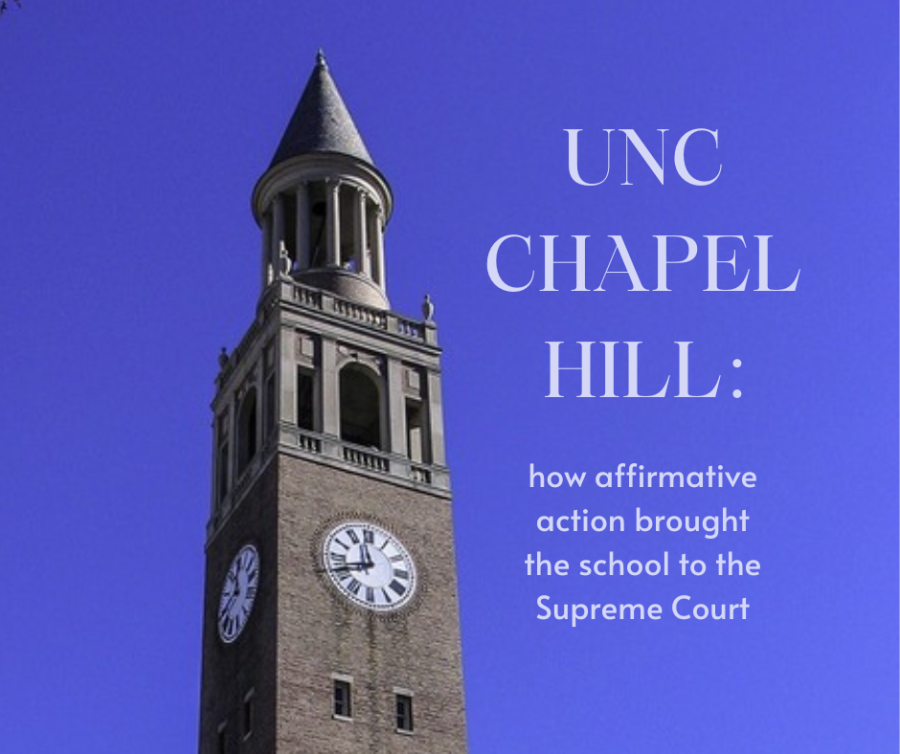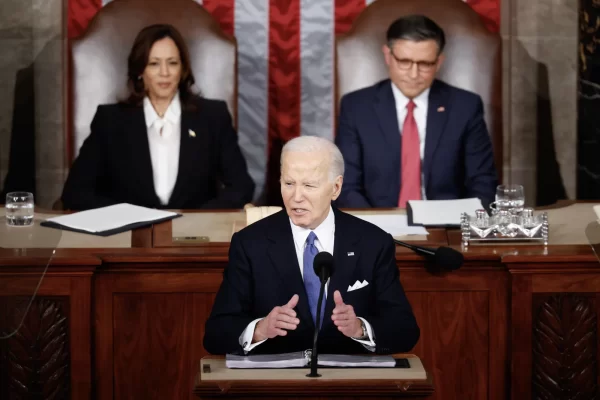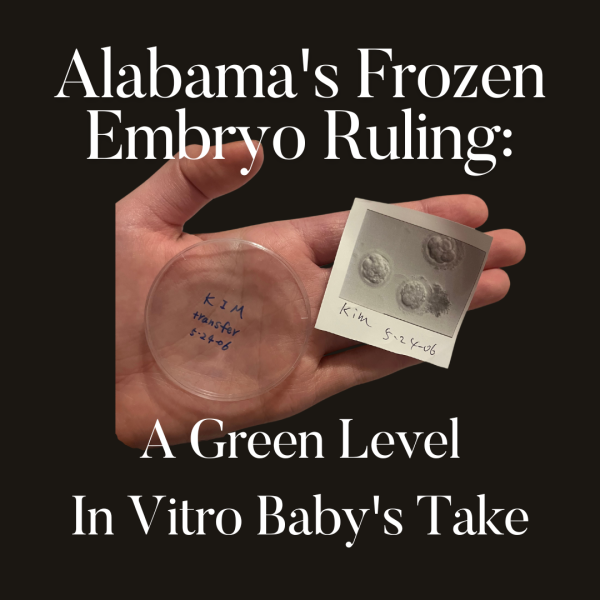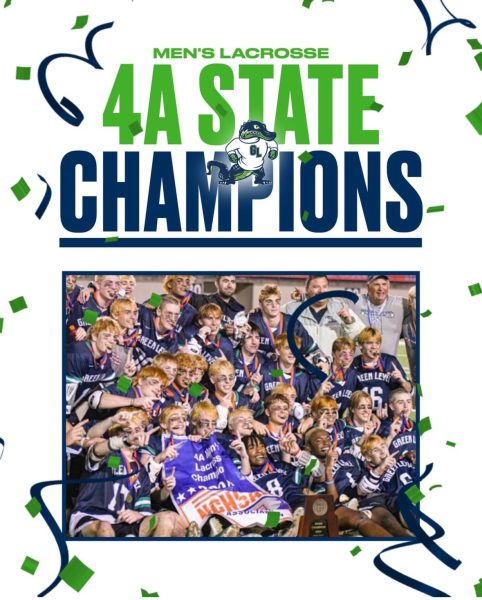Affirmative Action at UNC-Chapel Hill
Graphic by D. Khan featuring image from Wikimedia Commons.
The University of North Carolina at Chapel Hill has found itself at the Supreme Court debating affirmative action in college admissions.
As seniors may know, UNC uses a holistic admissions approach. One factor that the school notices are race. But in their mission to build a diverse campus, is the school harming white and Asian applicants?
Students for Fair Admissions is suing the university, claiming that their affirmative action process violates the 14th Amendment as an unfair advantage to minority applicants. The district ruled in favor of UNC and found their admission criteria were holistic enough to not be an issue. However, the case has advanced to the Supreme Court.
Although a twin case with Harvard University is also going through court, UNC is in a unique position due to the school’s history with southern segregation. The university was founded both by and for southern elites.
According to The Daily Tarheel, UNC accepted its first black students in 1951. But remains from NC’s racist history remained for decades; only in 2018, for example, did students protest against white supremacy and demolish “Silent Sam,” a longstanding memorial to the Confederate soldiers. In 2021, the university faced criticism for its treatment of black faculty for attempting to hire prestigious journalist Nikole Hannah Jones while refusing to give her tenure.
“Minority students [at the University of North Carolina at Chapel Hill] still report being confronted with racial epithets, as well as feeling isolated, ostracized, stereotyped and viewed as tokens in a number of University spaces,” shared district judge Loretta Biggs.
UNC-Chapel Hill is a predominantly white university, with about 56% of students identifying as such. 13% identify as Asian, 10% as Hispanic/Latino, and 5% as multiracial. Some students support the affirmative action policy as it increases the diversity and culture within their environment, but others find it unnecessary and unfair. The school faculty has spoken out with their thoughts.
“This case is really about us defending the values of this institution and that of hundreds of other universities across the country,” says chancellor Kevin M. Guskiewicz in The Washington Post.
The outcome of this case will affect schools all around the country as they adjust their admissions criteria accordingly. This court case may discard affirmative action in college admissions entirely, influencing our own college decisions. However, nothing is certain yet. The court will continue to debate until a conclusion is reached.

Daneen is a senior writing for her fourth year on The Gators Eye. When she’s not in class, she’s binging old Disney movies, reading comic books, or...

















